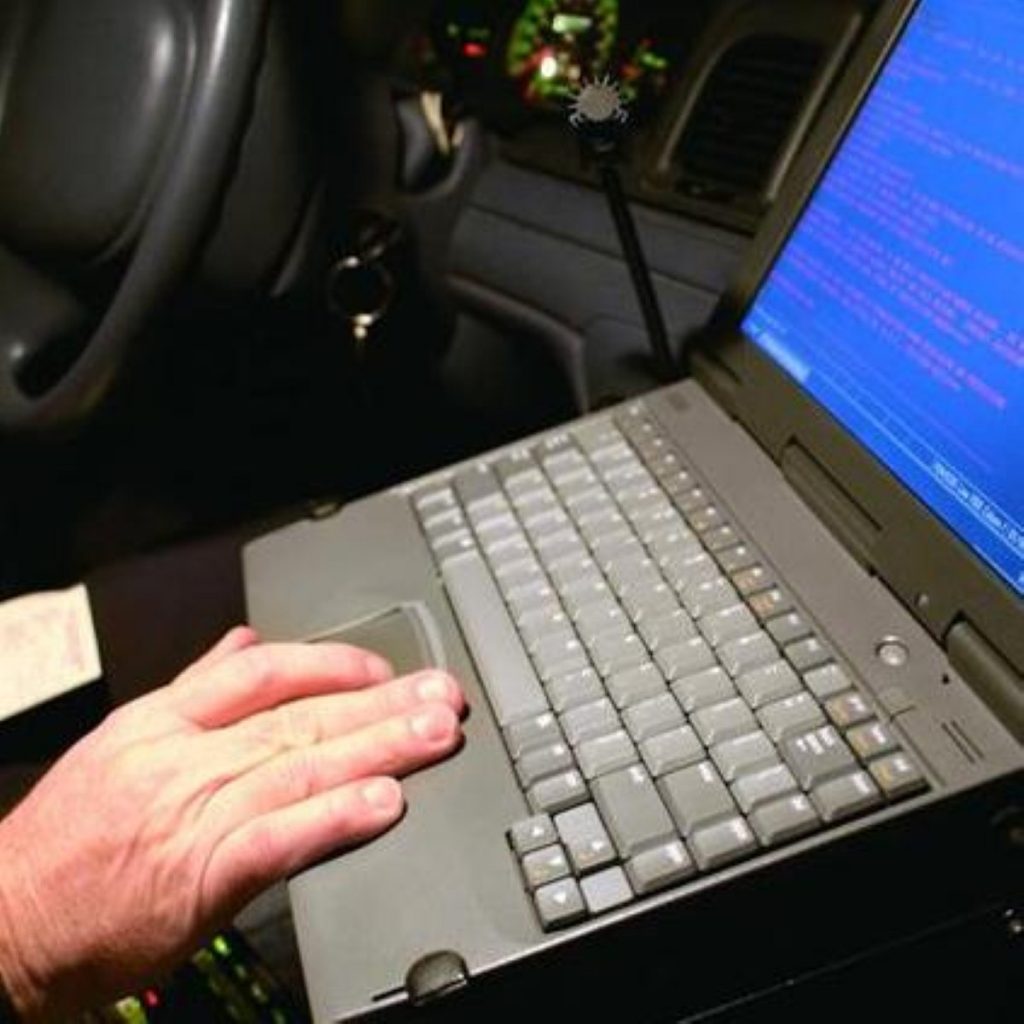The securocrats strike back: Online snooping to be expanded
By Alex Stevenson Follow @alex__stevenson
Plans to expand the government's ability to monitor online interactions will make current arrangements "60 million times worse", David Davis has warned.
The coalition wants government agencies to be given carte blanche to access data about who contacted who, as well as how and when they communicated.
A warrant will still be required if the content of the exchange is to be monitored, however, under plans expected to be put forward in the Queen's Speech.


Conservative backbencher Mr Davis told the Today programme the already flawed Regulation of Investigatory Powers Act 2000, which "allows councils to snoop on the school run", would be made "60 million times worse" by the potential changes.
"This is not necessary," he argued. "If you have a warrant arrangement, that's the way to do it."
But Anthony Glees of the University of Buckingham's Centre for Security and Intelligence Agencies argued that the Olympics and Queen's Diamond Jubilee meant the government appreciated the need to keep Britain safe through the new powers.
"There are some very dangerous people out there," he warned.
"They do communicate with each other If they choose to communicate with each other they can be monitored and terrorist attacks can be dealt with.
"I do think they are getting a bit obsessed with the idea of privacy."
Internet companies could be required to keep billing data as well as other communications data information about exchanges on social media websites like Twitter and Facebook. Video game messages could also be covered by the expansion.
"The network operators are going to be asked to put probes in the network and they are upset about the idea," a senior industry official was quoted by the Sunday Times newspaper, which originally reported the story yesterday, as saying.
"It's expensive, it's intrusive to your own customers, it's very difficult to see it's going to work properly and it's going to be a nightmare to run legally."
Expanding the powers had originally been raised in 2009, when then home secretary Jacqui Smith initially proposed a central database covering the data.
The cost, including some compensation to communications companies, was estimated at £2 billion even after Ms Smith abandoned the database idea.
"There is an element of whoever you vote for the empire strikes back," Liberty director Shami Chakrabarti told Sky News' Murnaghan programme yesterday.
"This is more ambitious than anything that has been done before. The coalition bound itself together in the language of civil liberties. Do they still mean it?"
A Home Office spokesperson said: "We need to take action to maintain the continued availability of communications data as technology changes."
Shadow home secretary Yvette Cooper offered a cautious response to reports of the government's plans, saying they would need "serious scrutiny and consultation".
"The police and security services need to be able to keep up with new technology to deal with serious issues including disrupting terrorist planning, catching paedophile rings or cracking down on organised crime, as they currently use existing technology to do," she said.
"But there also need to be strong safeguards to protect people's privacy.
"We need clear checks and balances on what the police, security services or the government are able to do, so that privacy and security are both protected and so that public confidence and trust in the system is upheld."









